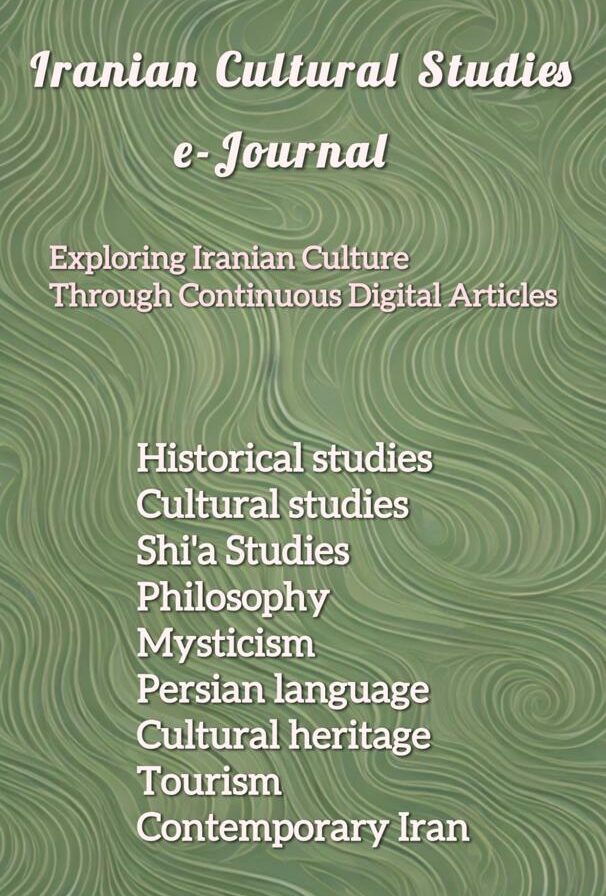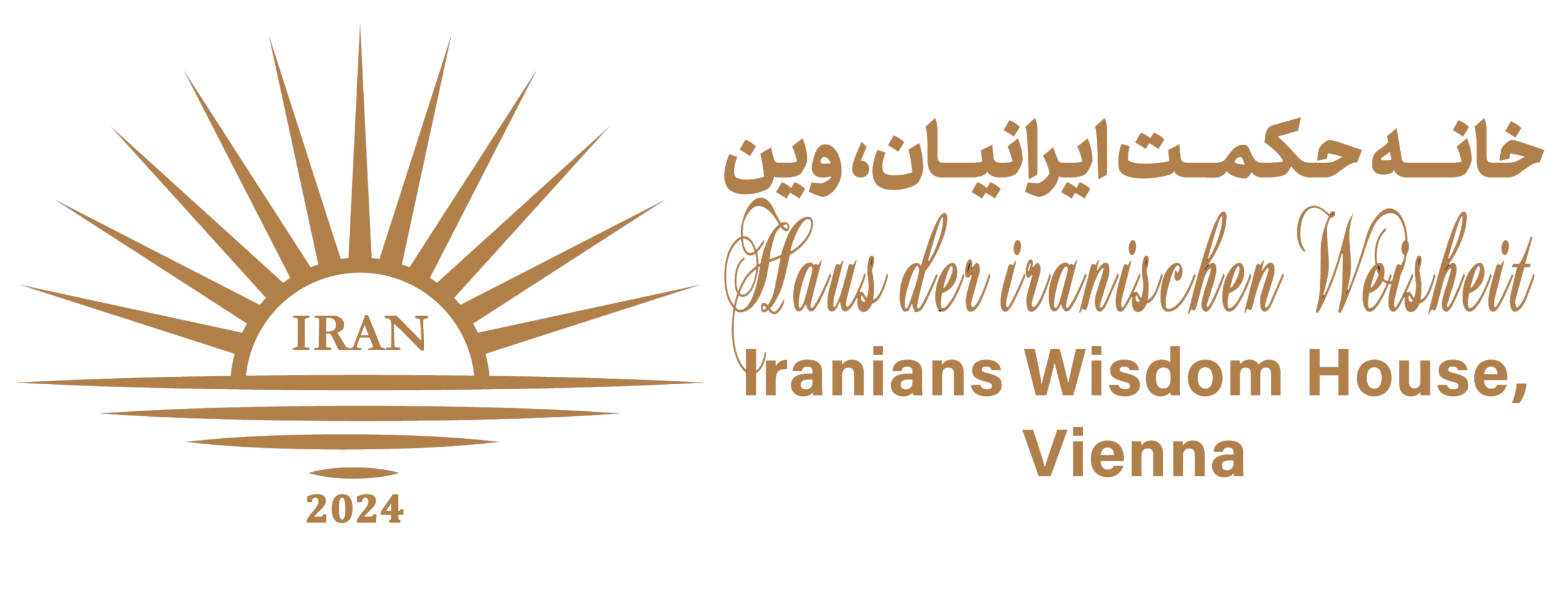Exploring Iranian Culture Through Continuous Digital Articles
The “Iranian Cultural Studies e-Journal” is a specialized publication in the field of Iranian cultural studies, published by the House of Wisdom of Iranians in Vienna. The journal aims to enhance the understanding of its readers about the rich and historical culture and civilization of Iran, while promoting Iranian studies based on sound scientific methodology and logic. Iranian civilization is considered one of the four great human civilizations, alongside those of Egypt, Greece, and China.
The civilization of Iran holds numerous mysteries that, despite centuries of study and exploration, remain undiscovered.
The “Iranian Cultural Studies e-Journal” is included into several sections: historical studies, cultural studies, Shi’a Studies, philosophy, mysticism, Persian language and literature, cultural heritage, tourism, and contemporary Iran. Additionally, the journal presents its content in various formats, including articles, notes, transcripts of speeches, and book reviews.
This journal is electronic and does not publish issues in the traditional sense; instead, new articles are continuously uploaded. This way, readers always have access to the latest content and research in the field of Iranian cultural studies.

